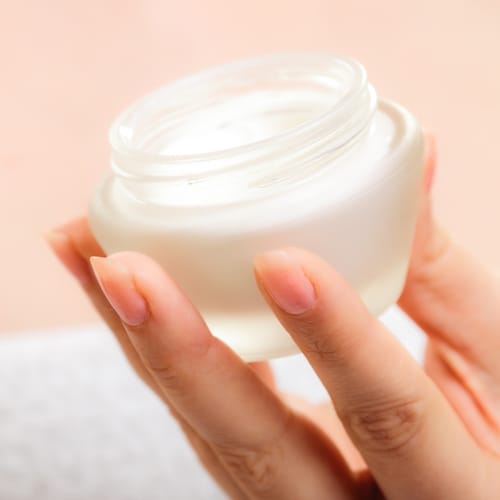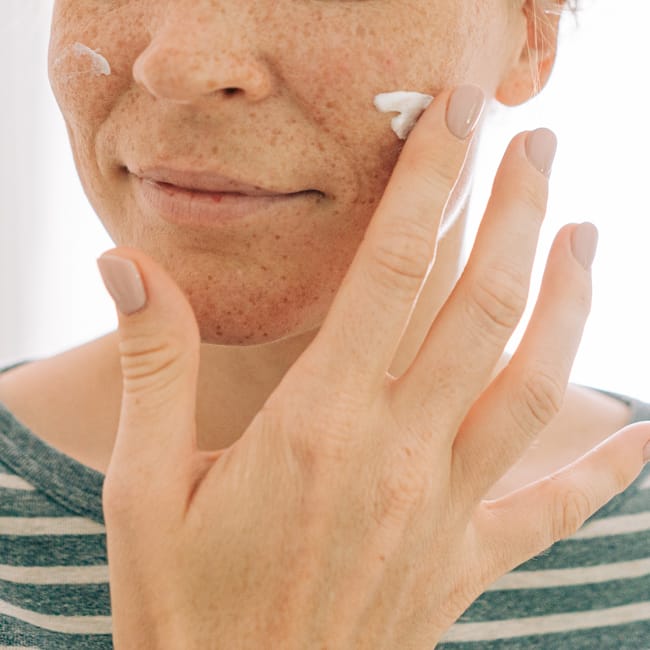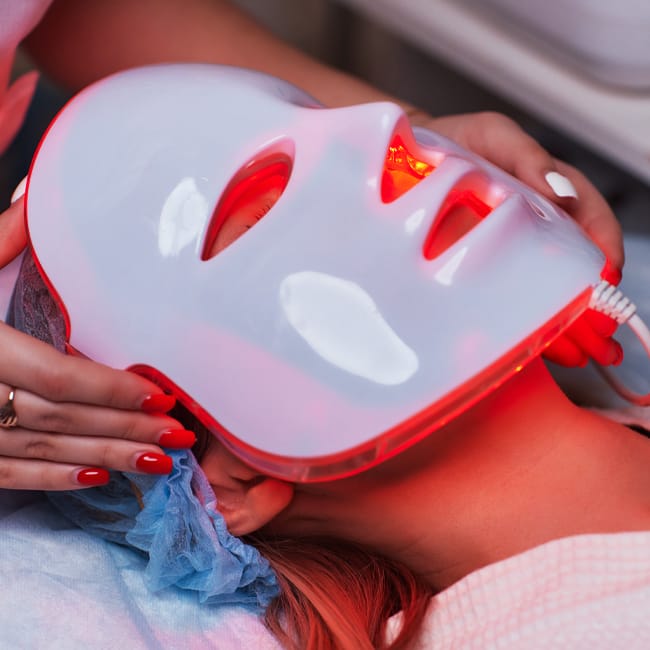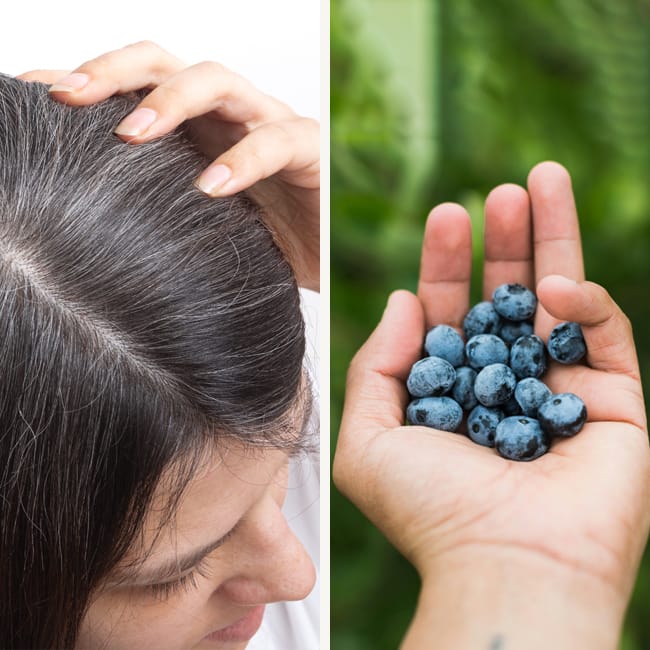This is an archived article and the information in the story may be outdated. Please check the time stamp on the story to see when it was updated last.
Taking care of your skin is essential if you want to look younger. However, some skincare products sneak in some surprising ingredients that could be doing your skin more harm than good–leading to irritation, damage, and breakouts. If you aren’t careful, your skincare routing could be doing the opposite of what you want it to do.
With that in mind, keep reading for the skincare ingredients you should stop buying ASAP!


Citrus-Based Oils
Sharyn Laughlin, board-certified dermatologist and medical director at Laserderm Ottawa told Dermstore about the problem with citrus-based oils in skincare: "The low concentrations in the skincare product are likely to be ineffective anyway, but the implied claim is that they are there for antioxidant or repair properties. These agents may result in a phytophotodermatitis—the sudden appearance of brown streaks or spots without any warning—in the area of contact with no preceding redness or blisters, just like when lemon or lime juice touches your skin and is then exposed to sunlight."
She continues, "Any citrus oil can elicit a similar phytophotodermatitis after exposure to sunlight. They should be avoided, particularly in products intended for daytime use, since you could have this unfortunate experience and develop unsightly brown pigment in the pattern of the contact. The reactions may not be as dramatic as seen with lime, but they are best avoided, as they offer little tangible benefit even in a night cream."

Mineral Oil
You should also probably avoid mineral oil. Sonya Dakar, Beverly Hills aesthetician, told Allure: "I highly recommend staying away from mineral oil. It's derived from petroleum and does not absorb into the skin—its molecular size is simply too big. As a result, mineral oil remains on the surface of skin, making it a reflector of the sun, which can lead to more sun damage and discoloration."
It can also clog your pores, which is a problem for people with acne-prone skin.

Synthetic Dyes
Board-certified dermatologist Sonia Batra suggests staying away from synthetic dyes or coloring. When speaking to HuffPost, Batra explained that dyes can lead to problems for your skin: "These colors can trigger allergies and irritation in the skin, and are suspected to be carcinogens. They are also banned in the European Union."
Steer clear of synthetic dyes if possible to avoid unnecessary skin problems.

Parabens
Parabens are another skincare ingredient that you should be avoiding, as it can lead to hormone changes and harm your health. Batra told HuffPost,"Parabens are preservatives commonly used in cosmetics, however, they may disrupt hormone production and have been linked to breast cancer."
Try to stick to paraben-free skincare products to keep this ingredient out of your routine.


























